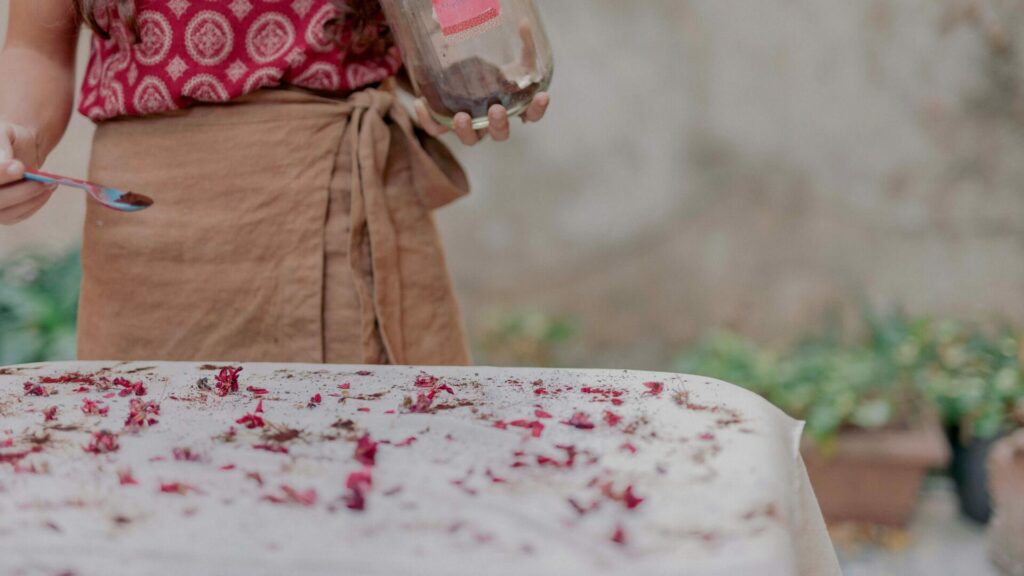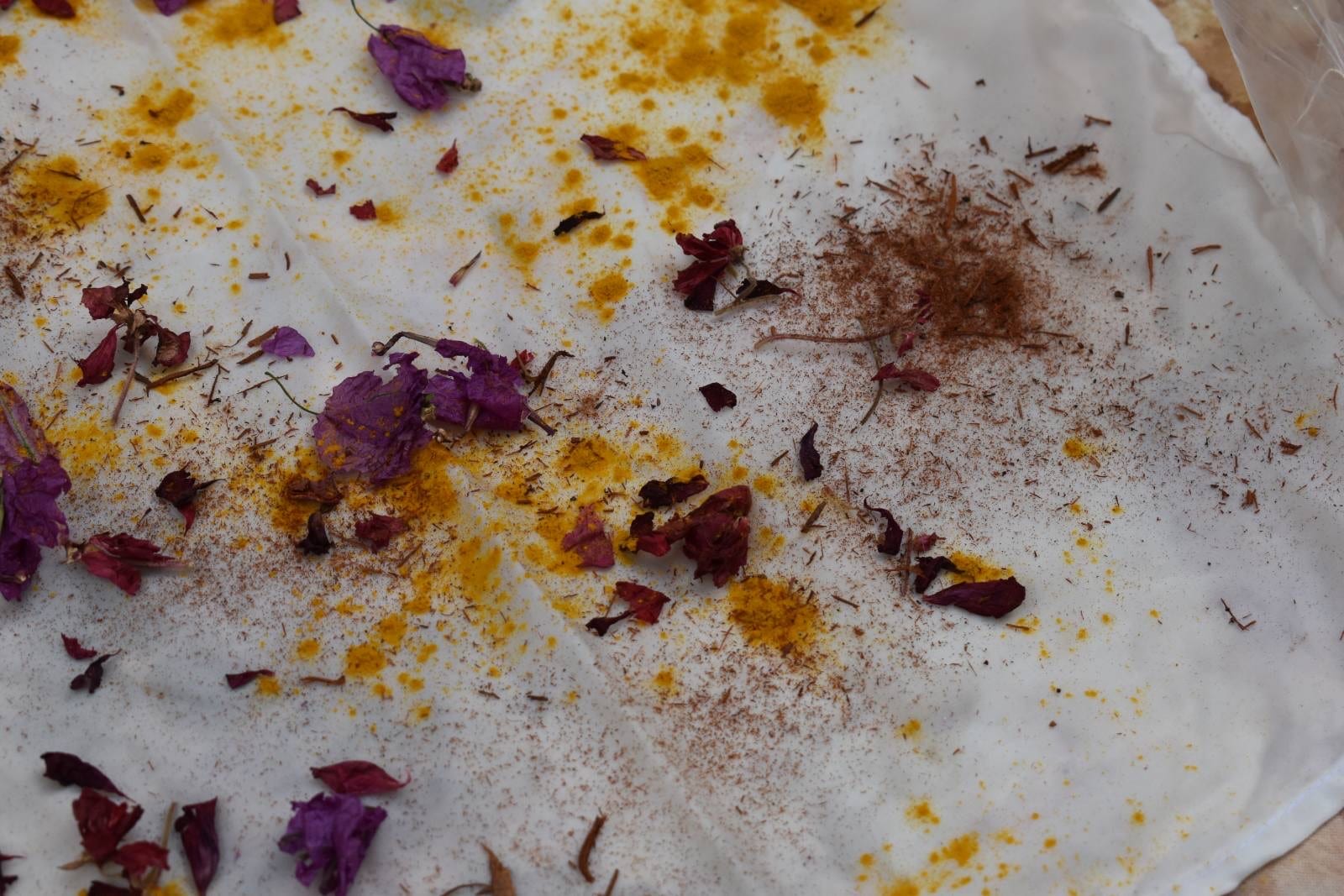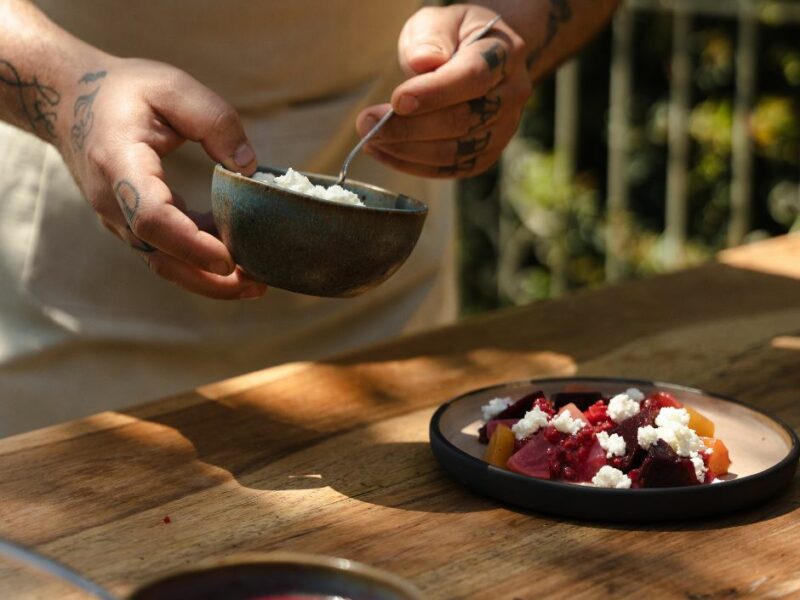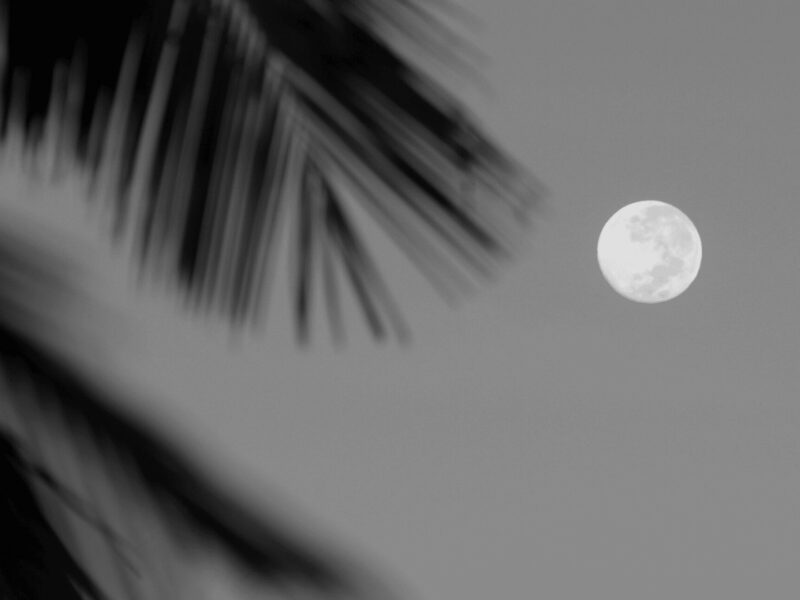Eco-printing is now coming back and seems like an antidote to the fast-moving world. As the health and environmental impacts of synthetic dyes become more widely reported, many artists, designers and textile producers are returning to age-old methods of colouring cloth.
Over centuries, people used to dye their textiles using natural, locally available materials. As the Industrial Revolution took over the fashion industry, synthetic dyes replaced them in the mid-19th century as they were cheaper and easier to produce in quantity. It was the time when the western world was moving towards mass production.

A brief history
There is a long history of dyeing textile fibers, dating back at least 6,000 years. The earliest traces of the use of natural dyes were discovered in China in the year 2600 BC., where scientists have even found evidence regarding the first natural orange and red shades in tombs. Alexander the Great has also mentioned the color purple in reference to clothing in 541 BC. Famous writers such as Leonardo Da Vinci also described techniques for botanical printing and produced some examples including a sage leaf. Botanical printing did not re-emerge in popular culture until the early ‘90s, when India Flint started working with eucalyptus and fabric. This artist is credited with reviving and developing the process now widely referred to as ‘eco-printing’.
According to India, the eco-printing (known also as Botanical printing) is an ecologically sustainable process by which the colours and shapes of leaves or other natural plant material such as flowers or seeds are transferred onto fabric or paper through steaming or boiling, creating a natural alchemy.
Introduction to natural dyeing
Natural dyeing technique is now widely adopted by artists and makers in almost every country. All of them are embracing this art form which focuses on the spiritual aspect of eco-printing, an experience that goes hand in hand with nature. This sustainable alternative is far more environmentally friendly than many of our modern dyeing methods. No chemicals are used, natural & bundle dyeing are safer, gentler on the planet and can enhance our well-being through reconnecting us with nature around us.
It is one of the simplest ways to achieve a rich diversity of colors and textures and to shape a colourful new world. Perhaps it is all about connecting with colour and how you utilise the spectrum of different hues that the natural world has to offer.
Join our Workshop ‘Introduction to Natural Dyeing’ by Christiana Vardakou and be part of this constant exploration and pleasant surprise. We will use plants, flowers & herbs from our F Zeen Gardens and with these we will make different colours. We will also talk about: other plants you can use to dye with, the natural dyeing process, the fabric/fiber choices and how mordants work.
“Colours are the smiles of nature.”
– Leigh Hunt
REFERENCES:





